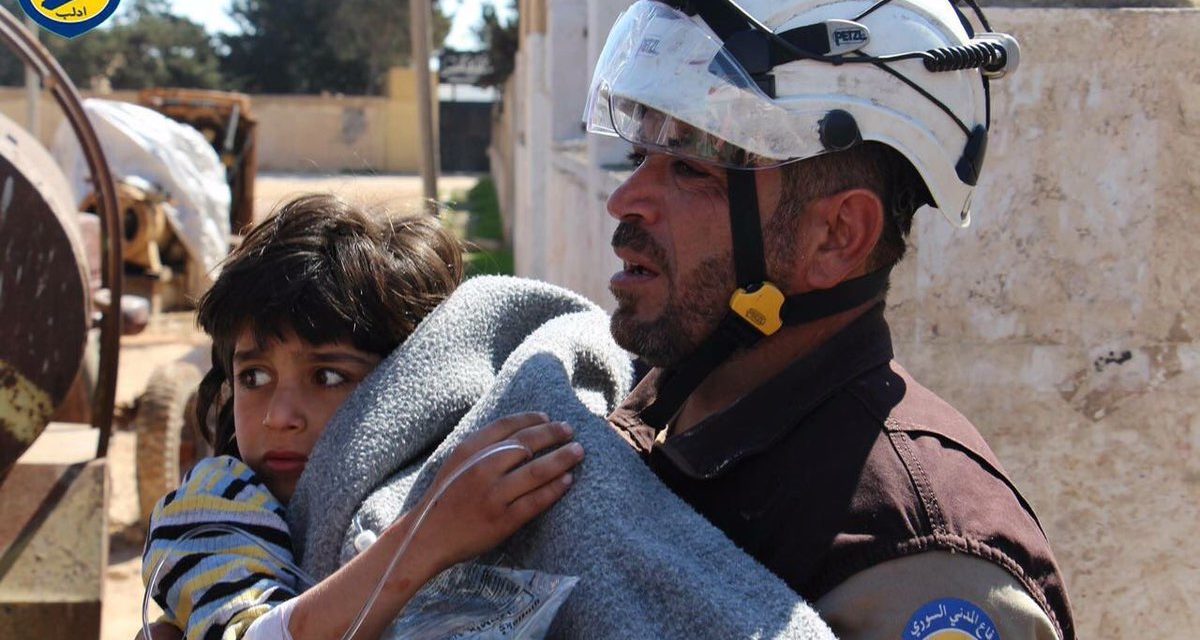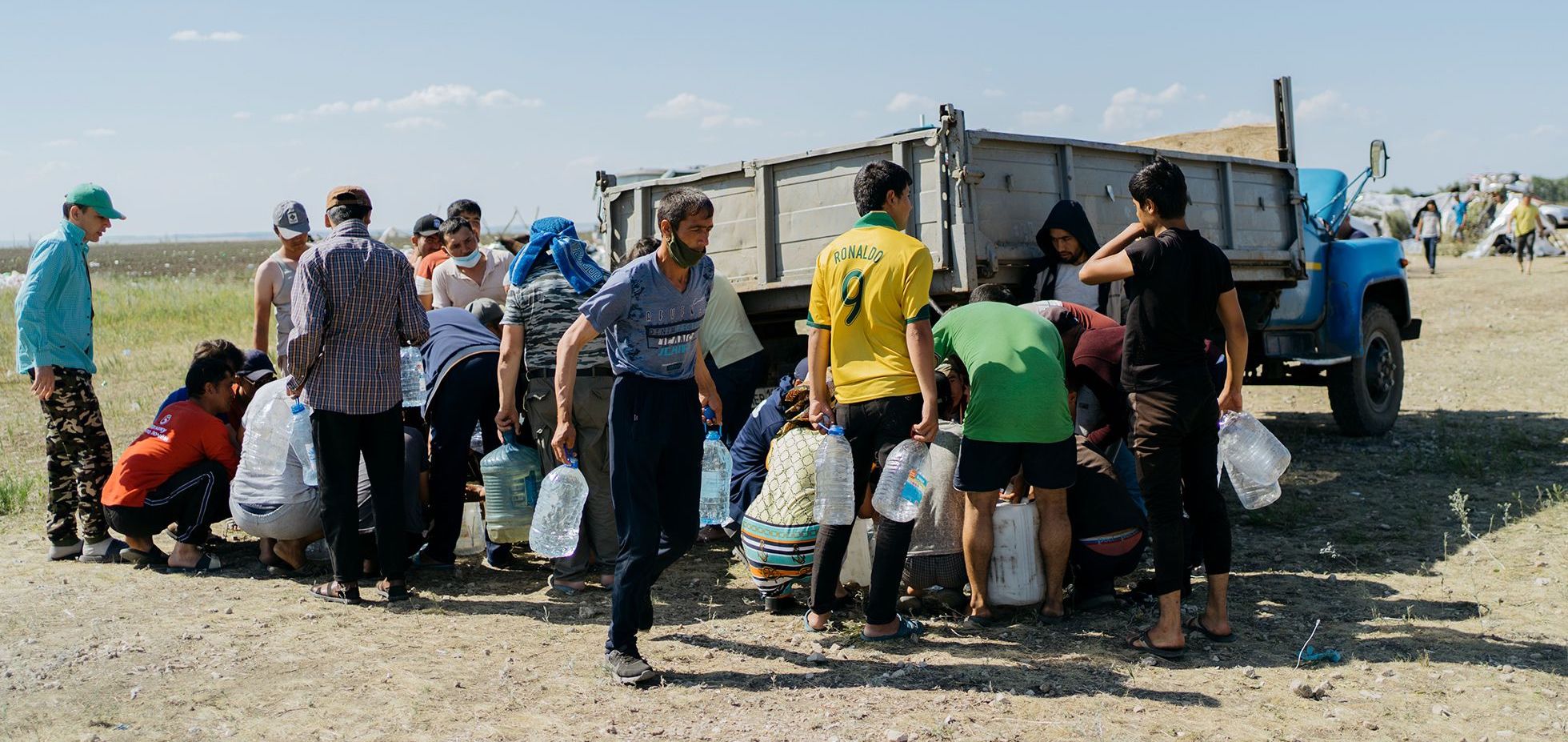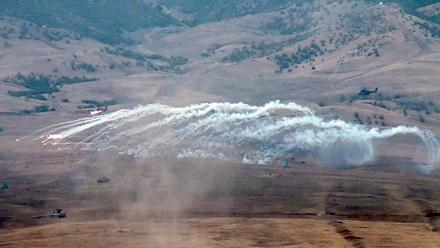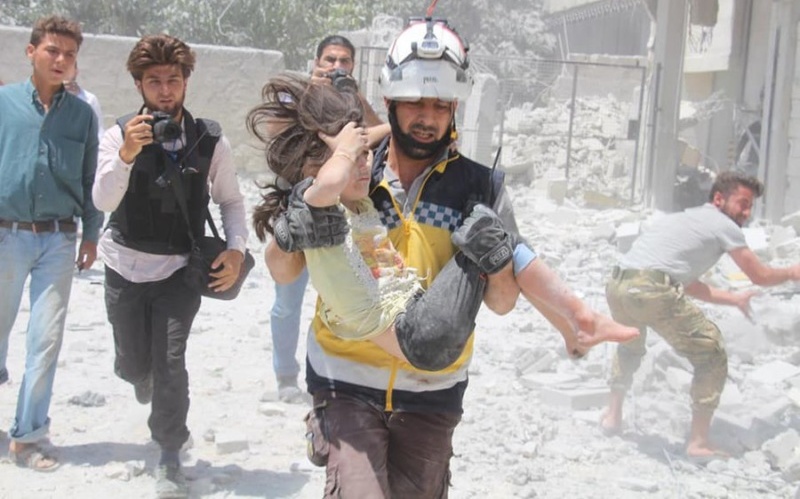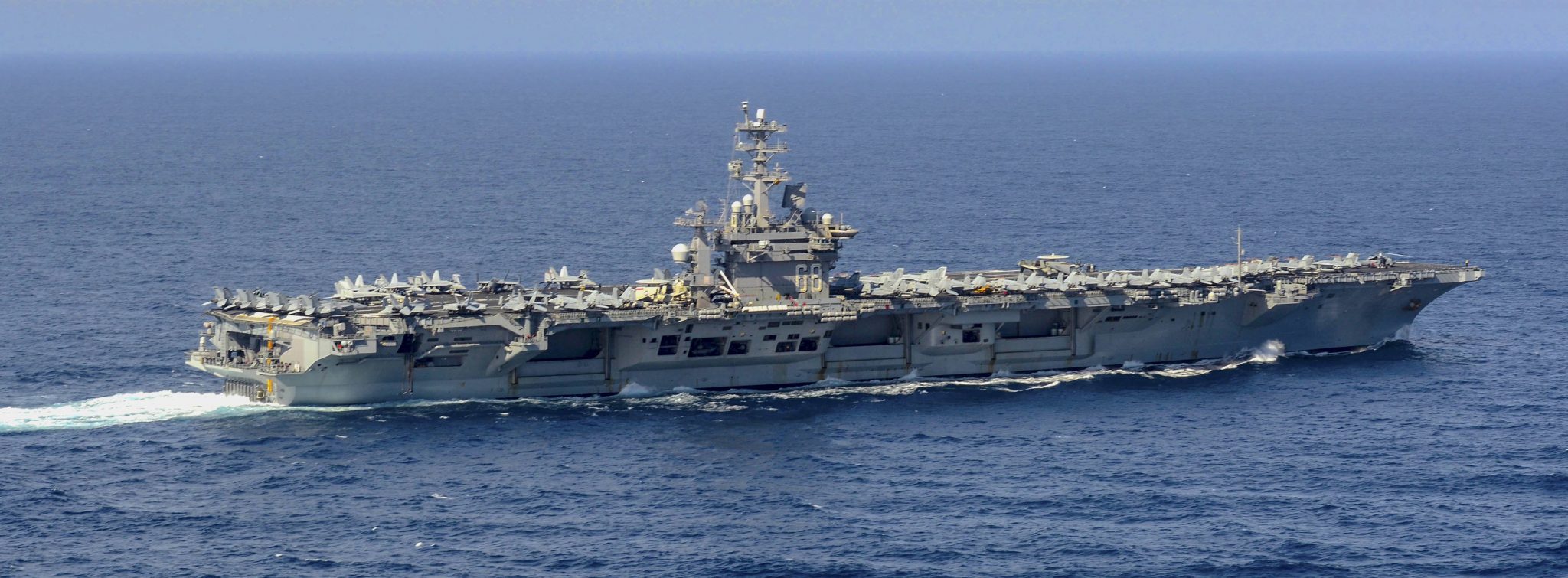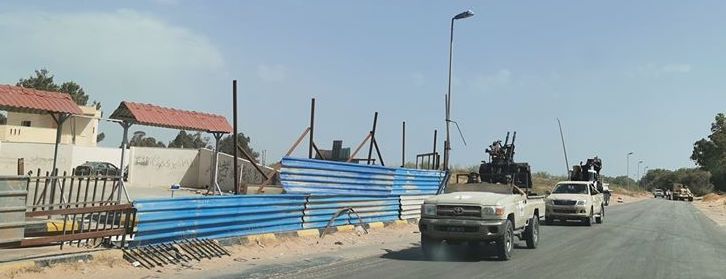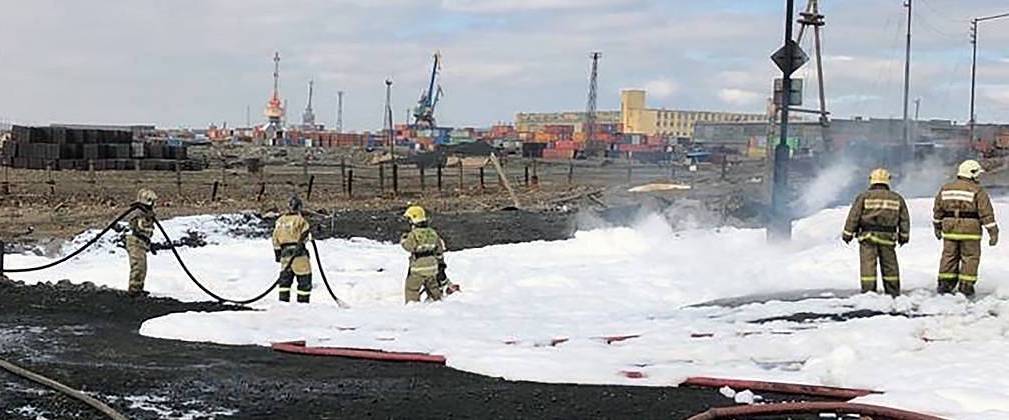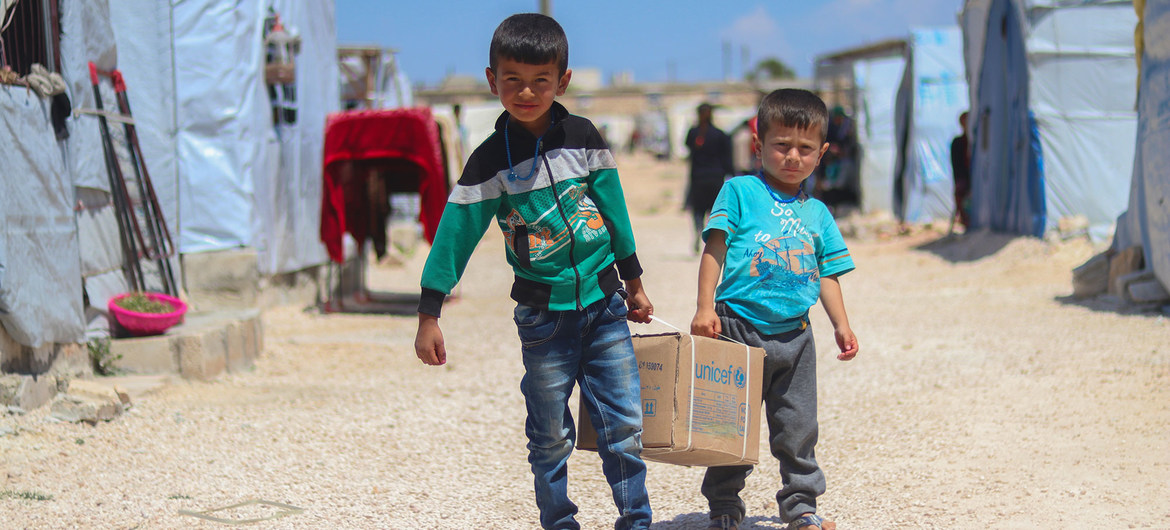
Syria: controlled elections amid deepening crisis
To nobody’s surprise, Syrian dictator Bashar Assad’s bloc won a majority of seats in the country’s parliamentary election, dismissed as a farce by the exiled opposition. As in the presidential elections that confirmed Assad’s hold on the presidency in 1994, millions displaced by the war were not able to vote. The elections were held amid a deepening economic crisis, with the UN noting a 200% food price hike in under a year and warning of widespread hunger. Russia and China meanwhile continue to use their veto on the Security Council to block aid deliveries to opposition-held areas. (Photo: UNICEF via UN News)



